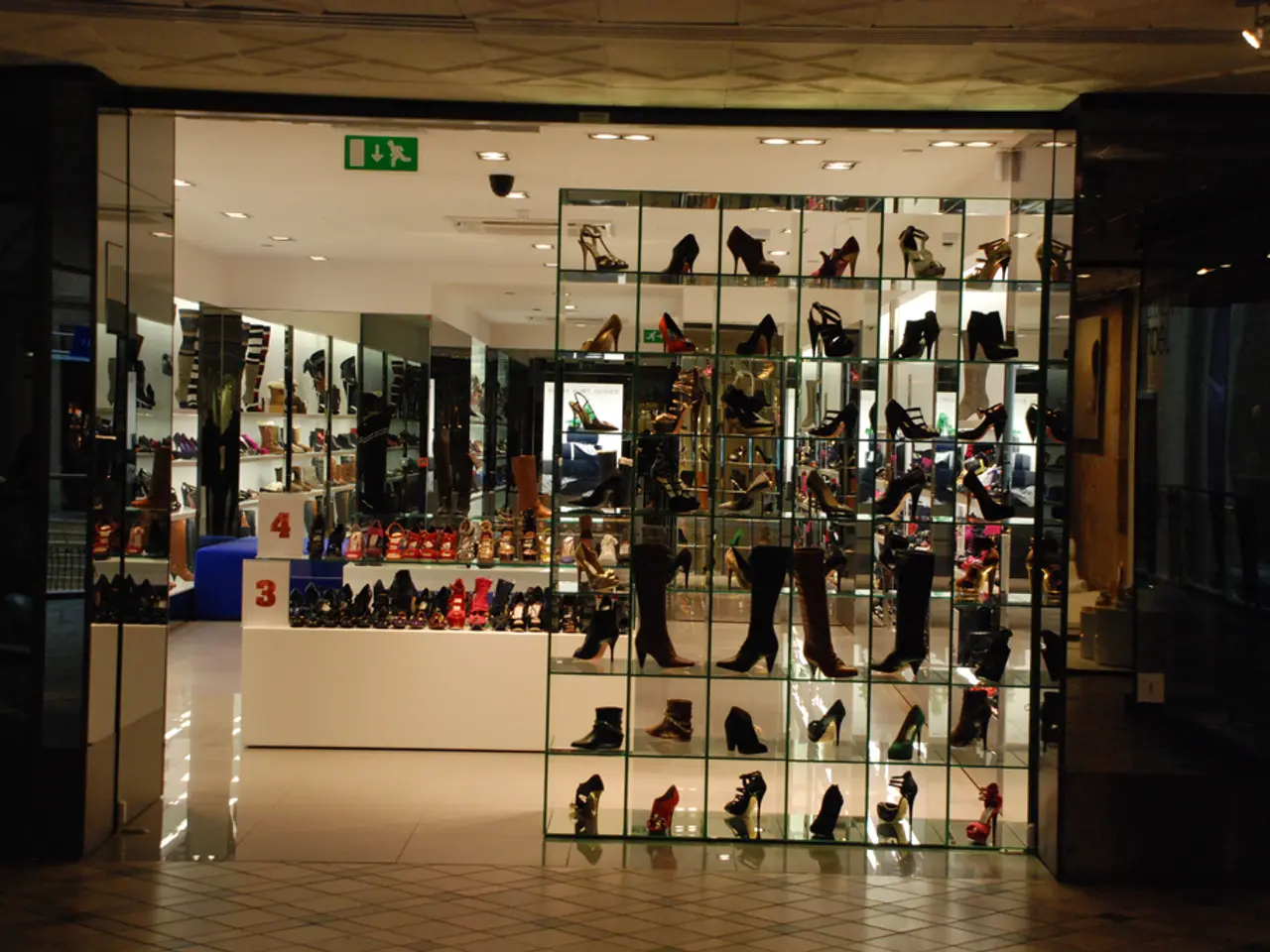Prada acknowledges the 'Kolhapuri' sandal, facing criticism
In the world of fashion, Prada's Spring-Summer 2026 men's collection at Milan Fashion Week caused quite a stir when it featured sandals that bore a striking resemblance to traditional Indian handcrafted footwear, known as Kolhapuri chappals.
The sandals, described by Prada as "leather sandals," sparked outrage among Indian artisans and the fashion community for failing to acknowledge their Indian cultural inspiration. The controversy escalated, with allegations of cultural appropriation and violation of geographical indication (GI) rights granted to Kolhapuri chappals since 2018.
Following significant backlash on social media and pressure from Indian officials, Prada officially acknowledged and credited the Kolhapuri chappals as the inspiration behind their sandals. Lorenzo Bertelli, son of Prada's owners, wrote a letter to a trade group representing 3,000 Kolhapuri sandal artisans, recognising the sandals' Indian heritage.
However, Prada has clarified that these sandals are still at the design stage and have not been confirmed for commercial release. The brand has expressed its commitment to responsible design practices and its interest in engaging with Indian artisan communities to ensure rightful recognition of their craft.
The controversy has highlighted a broader issue where luxury brands have often been accused of borrowing traditional designs without adequate credit or compensation to original artisans. The Prada-Kolhapuri episode has intensified calls for more ethical practices in fashion concerning indigenous and handcrafted cultural heritage.
While some Kolhapuri sandal artisans are happy that their work is being recognised by Prada, others, like Sambhaji Chhatrapati from the Kolhapur Royal family, are upset that craftsmen were not acknowledged for the "history and heritage of 150 years."
Meanwhile, the price range of Prada products is significantly higher than that of Kolhapuri slippers sold in Indian shops and street markets. For instance, Prada's men's leather sandals retail for $844 and up, while Kolhapuri slippers start at about $12.
Despite the controversy, the episode has brought a glimmer of hope for Indian artisans. Kolhapur-based businessman Dileep More stated that images of the Prada sandal brought cheer to some artisans as their traditional product was going global.
The Indian luxury market is growing rapidly, with an increase in wealthy consumers buying products like Louis Vuitton bags, Lamborghini cars, luxury homes, and watches. The recognition of traditional Indian designs by luxury brands could potentially open up new opportunities for Indian artisans.
In a positive move, Prada's head of corporate social responsibility, Lorenzo Bertelli, has promised follow-up meetings to foster cultural exchange with local Indian artisans. India's DNA News recently questioned if the world will finally give credit to Indian designers, and it seems Prada is taking steps towards making that a reality.
- The controversy surrounding Prada's leather sandals, inspired by Kolhapuri chappals, has shed light on the need for luxury brands to credit and compensate original artisans for cultural designs.
- Lorenzo Bertelli, son of Prada's owners, has promised follow-up meetings with Indian artisans to foster cultural exchange, a potential step towards acknowledging the work of traditional Indian designers.
- The recognition by luxury brands like Prada of traditional Indian designs could open up new business opportunities for Indian artisans, aligning with India's growing luxury market and the increasing demand for ethical practices in fashion.







